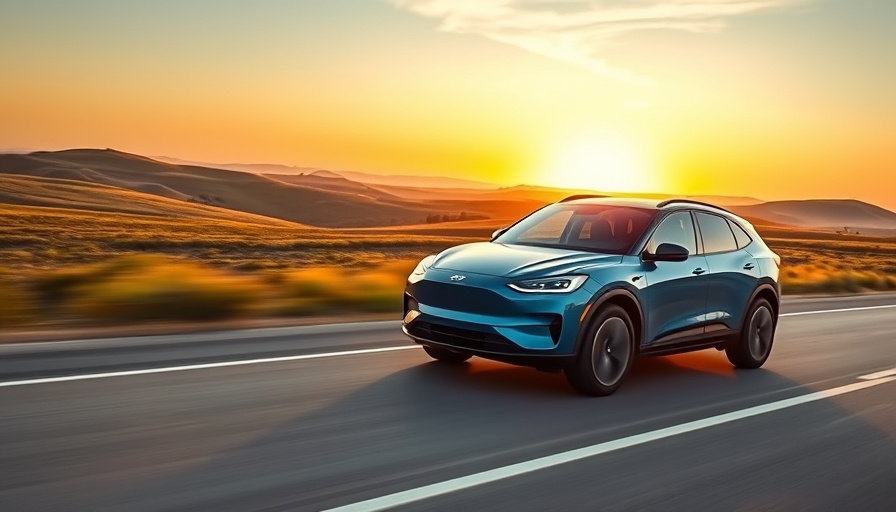
The Opening of Tesla's Supercharger Network: What It Means for Kia EV Owners
The automotive landscape is rapidly evolving, particularly with the shift towards electric vehicles (EVs). One of the most exciting developments recently announced is Kia's move to grant its electric vehicle owners access to Tesla's extensive Supercharger network by the end of the first quarter of 2025. This is a significant leap for Kia, whose commitment to electric mobility is becoming increasingly apparent. With charging infrastructure playing a crucial role in the EV experience, having access to over 16,500 NACS DC fast chargers across the U.S. places Kia EVs in a favorable position to attract more consumers.
How Will the Charging System Work?
Starting in early 2025, new owners of 2024 and 2025 Kia models, including the EV9 and EV6, will receive a free North American Charging Standard (NACS) adapter, an essential component that facilitates charging at Tesla stations. For previous Kia EV customers and Niro owners, however, obtaining these adapters may come at an undisclosed cost. The specifics surrounding pricing have not yet been revealed, sparking some curiosity among consumers about the financial implications of this transition.
A Market Trend: Adapting to Charging Needs
Kia's entry into the NACS charging standard reflects a broader trend in the automotive sector, where many manufacturers are adopting various charging standards to enhance customer convenience. Though Kia is not the first automaker to offer Tesla Supercharger access, they stand out among competitors by modifying their timeline for rollout and emphasizing a commitment to both NACS and CCS standards. This shows an understanding of the complexities of EV charging networks and the need to adapt quickly to evolving technologies.
Competitive Landscape: A Look at Kia's Metered Options
While Kia is forging ahead with NACS integration, the competitive landscape reveals differing strategies among key players. General Motors, for instance, takes a more rigid approach by charging all customers for adapters, while other brands like Ford have opted to provide free adapters for their existing EV customers. By not currently aligning with Ford's more generous approach, Kia has created a unique position, catering to a specific consumer base while remaining competitive.
Future Implications for Electric Vehicle Adoption
The opening of the Tesla Supercharger network to Kia EVs can lead to many future implications for electric vehicle adoption overall. Accessibility and convenience are paramount for consumers considering electric cars, and enhanced charging options can significantly boost confidence in EV purchases. As manufacturers expand their networks, we may witness an increase in EV sales, pushing the boundaries of sustainable transportation.
Are We Ready for the Shift?
As more automakers join forces to enhance charging infrastructure, the focus on consumer experience becomes increasingly crucial. For e-bike dealerships, franchise owners, and distributors, the upcoming transition presents a wealth of opportunities. Understanding the nuances of this evolving landscape can prepare businesses to meet changing customer demands and position themselves at the forefront of the transportation revolution.
 Add Row
Add Row  Add
Add 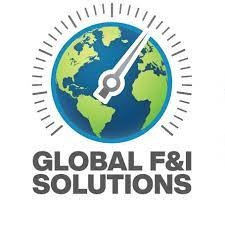

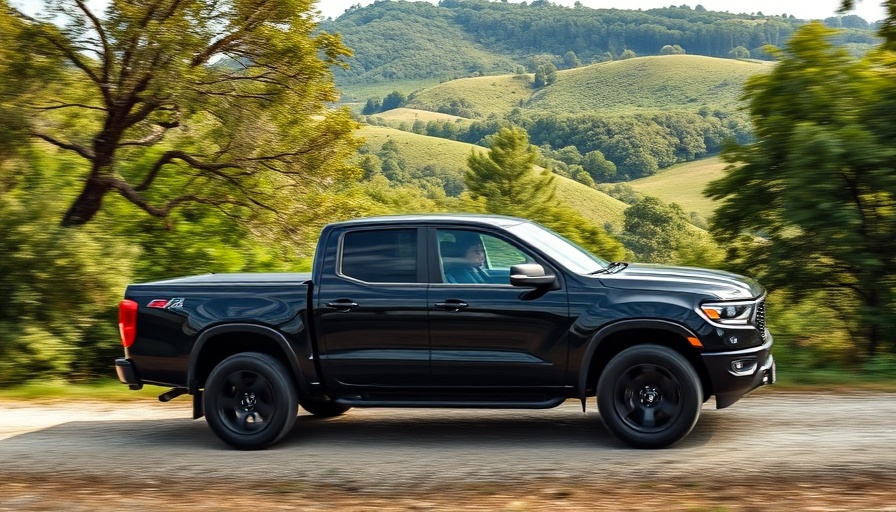
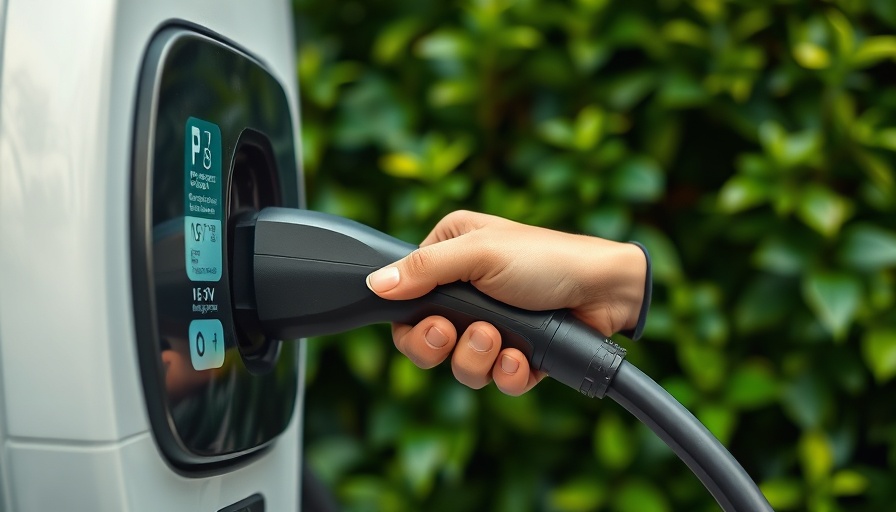
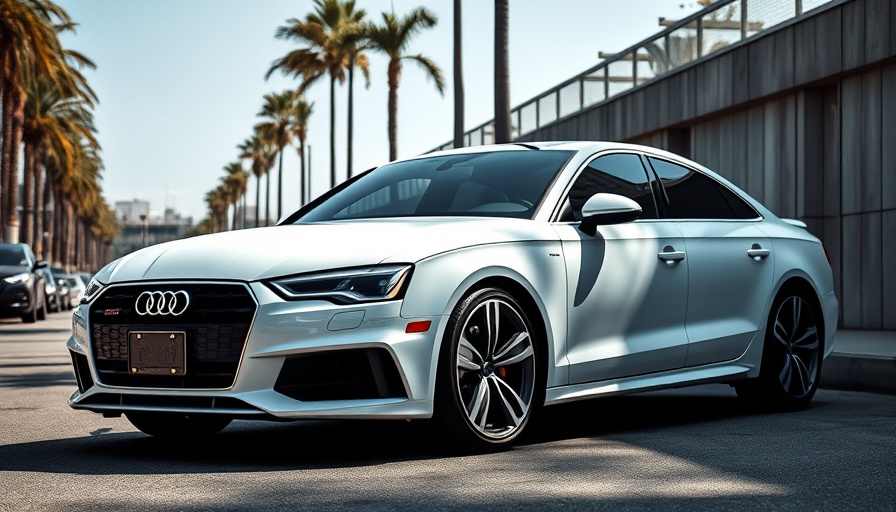
Write A Comment